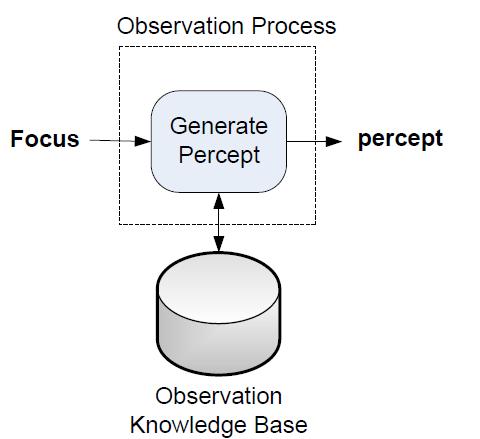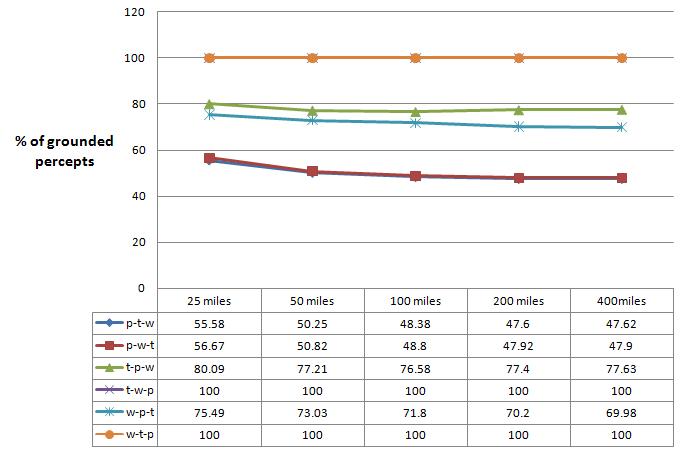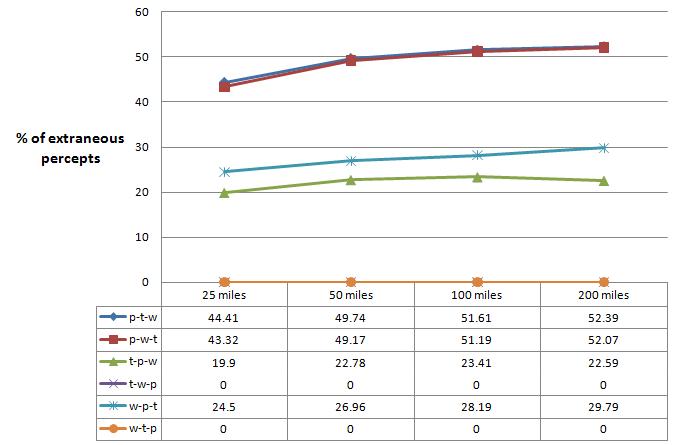Difference between revisions of "ISWC2010 Evaluation"
(→Ontologies and Knowledge Bases) |
(→Ontologies and Knowledge Bases) |
||
| Line 21: | Line 21: | ||
* [http://sonicbanana.cs.wright.edu/activeperception/ont/perception.owl Perception Ontology] | * [http://sonicbanana.cs.wright.edu/activeperception/ont/perception.owl Perception Ontology] | ||
* Perception Datasets (generated during various executions of the perception cycle): | * Perception Datasets (generated during various executions of the perception cycle): | ||
| − | + | **[http://sonicbanana.cs.wright.edu/activeperception/all_active_25miles.zip 25 miles (17 observers)] | |
| − | + | **[http://sonicbanana.cs.wright.edu/activeperception/all_active_50miles.zip 50 miles (70 observers)] | |
| − | + | **[http://sonicbanana.cs.wright.edu/activeperception/all_active_100miles.zip 100 miles (170 observers)] | |
| − | + | **[http://sonicbanana.cs.wright.edu/activeperception/all_active_200miles.zip 200 miles (373 observers)] | |
| − | + | **[http://sonicbanana.cs.wright.edu/activeperception/all_active_200miles.zip 400 miles (516 observers)] | |
==Statistics== | ==Statistics== | ||
Revision as of 22:13, 24 June 2010
Contents
[hide]Ontology of Perception: A Semantic Web Approach to Enhance Machine Perception
Today, many sensor networks and their applications employ a brute force approach to collecting and analyzing sensor data, and ignore the semantics inherent in the environmental data. Such an approach often wastes valuable resources – including both energy and computational resources – by unnecessarily tasking sensors and generating observations of minimal use. People, on the other hand, have evolved sophisticated mechanisms to efficiently perceive their environment. Such mechanisms include the use of background knowledge to determine what aspects of the environment to focus and a strong interdependent relationship between our ability to observe and perceive. In this paper, we develop an ontology of perception – derived from cognitive theory – that may be used to more efficiently collect and analyze sensor data. We evaluate this approach by collecting and analyzing observations of weather conditions, and show up to 50% reduction in the number of observations necessary for analysis.
System Architecture
Perception Cycle
Perception Process
Observation Process
Ontologies and Knowledge Bases
- Observation Knowledge Base
- Weather Background Knowledge
- Perception Ontology
- Perception Datasets (generated during various executions of the perception cycle):
Statistics
Percepts Generated during Evaluation: # and %
25 Miles
50 Miles
100 Miles
200 Miles
400 Miles
Percepts Generated during Evaluation: Trends
Grounded Percepts
Extraneous Percepts









